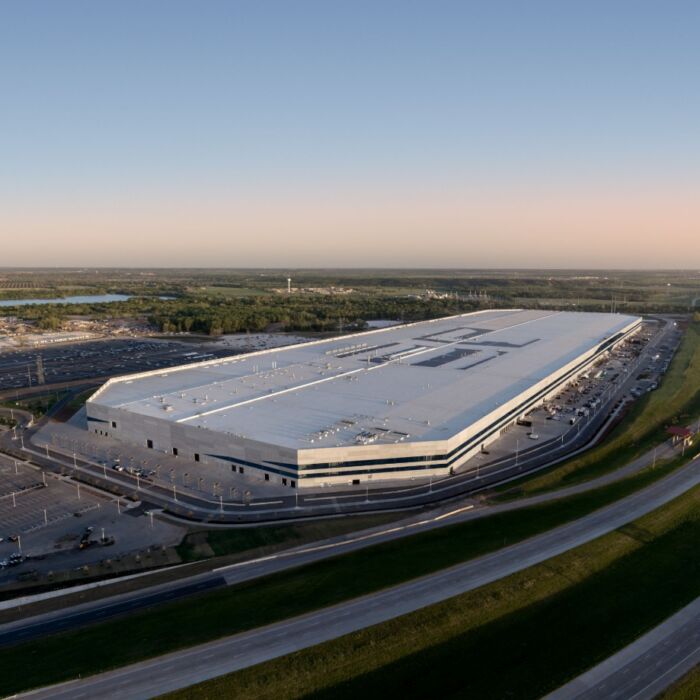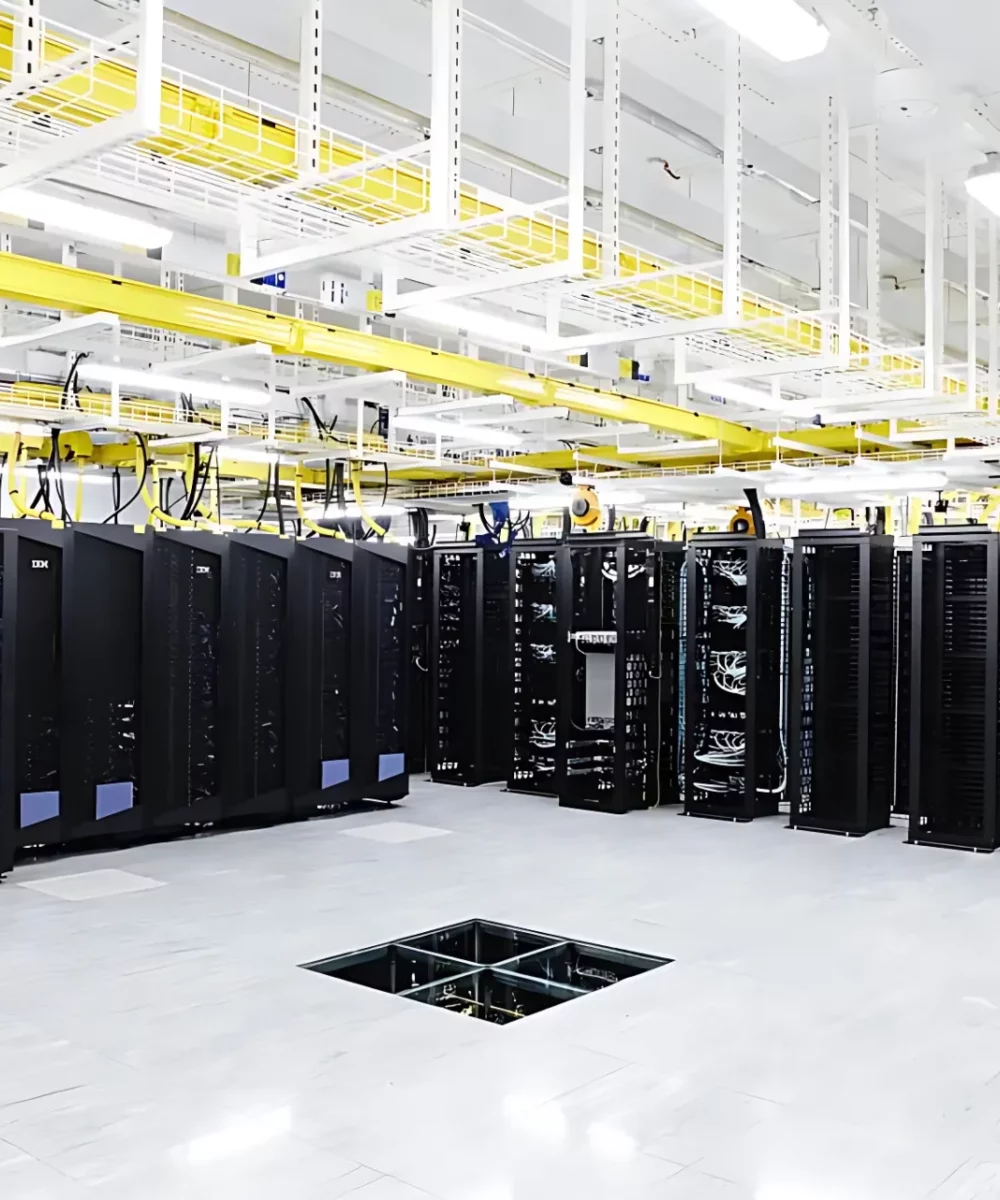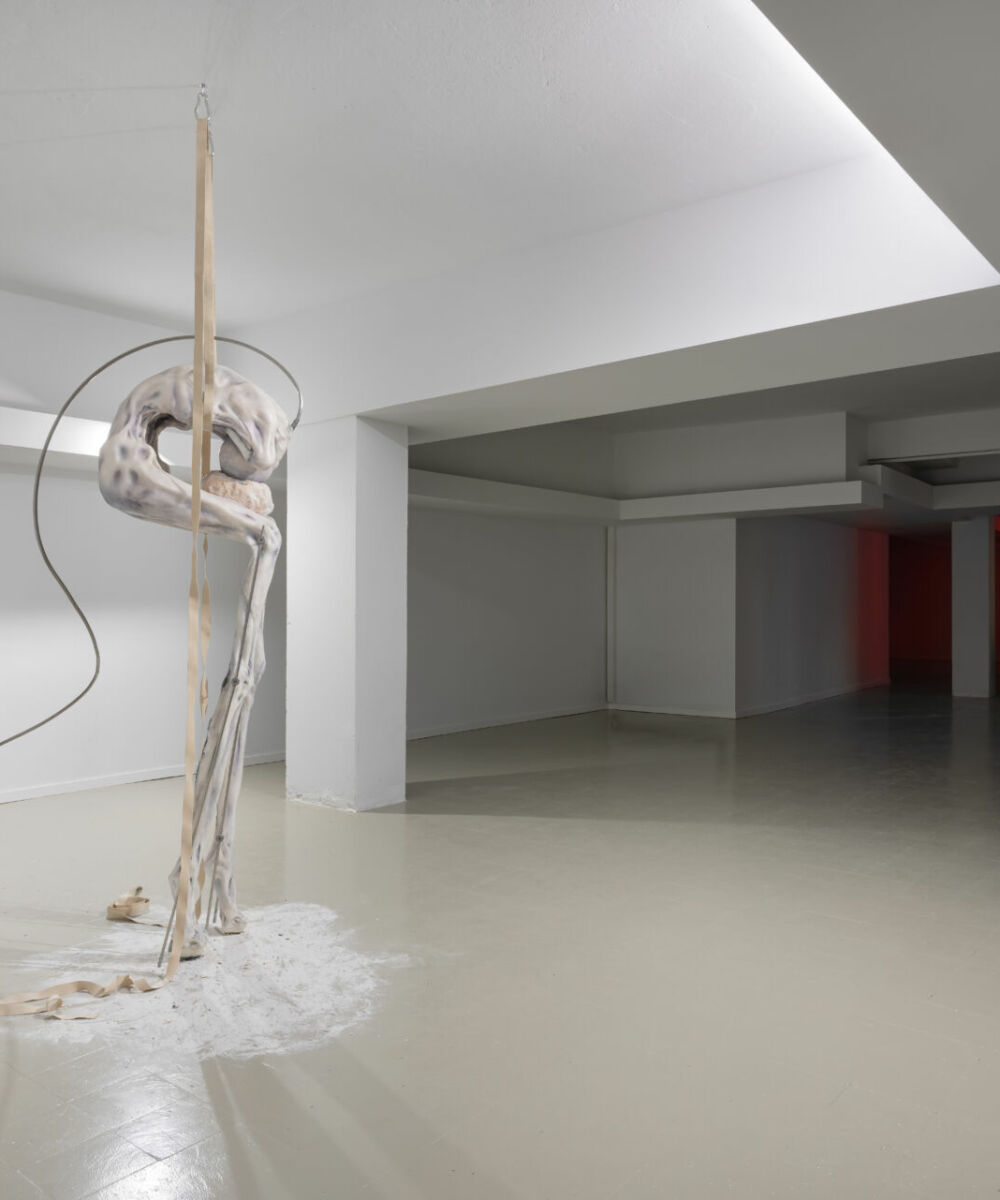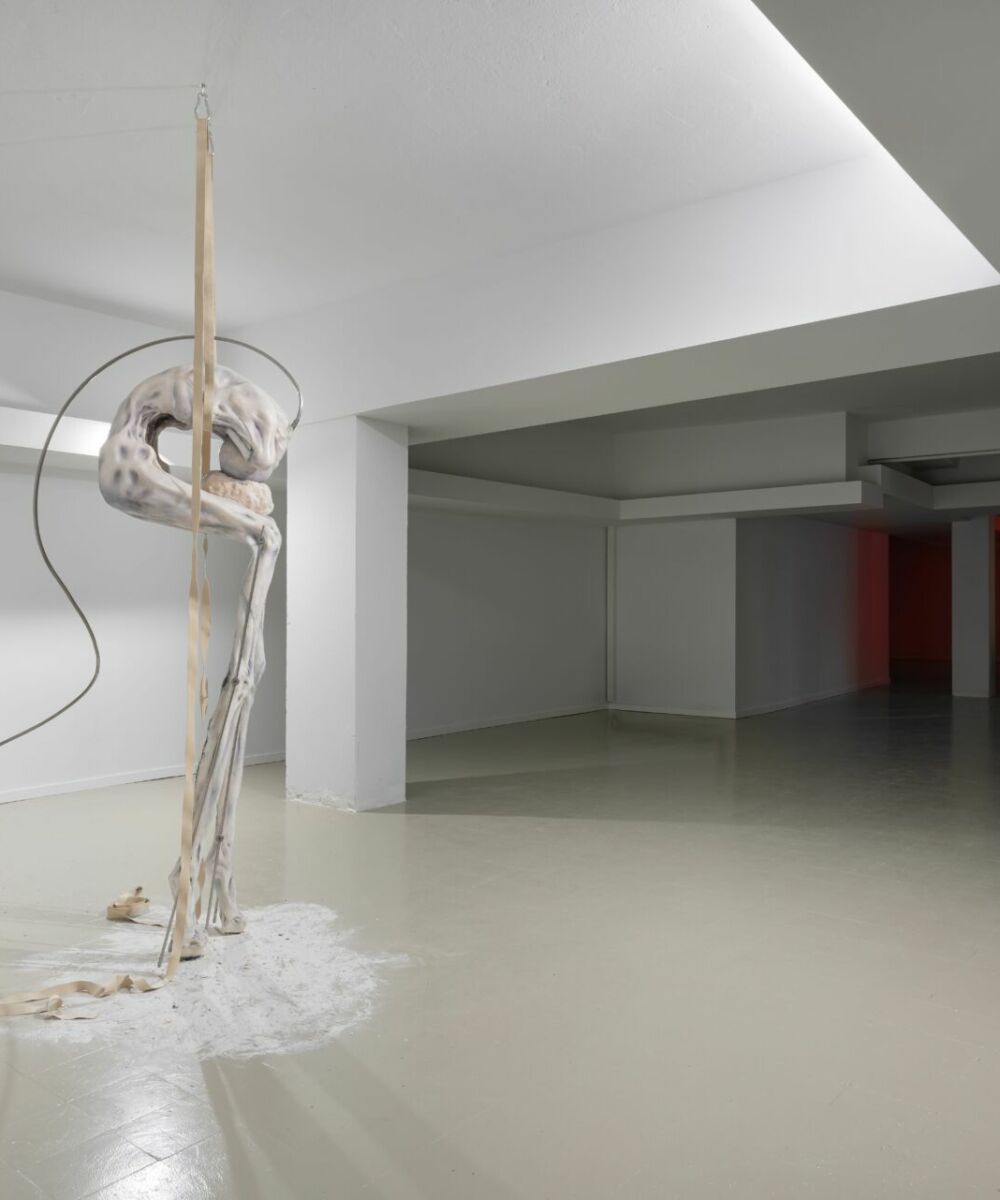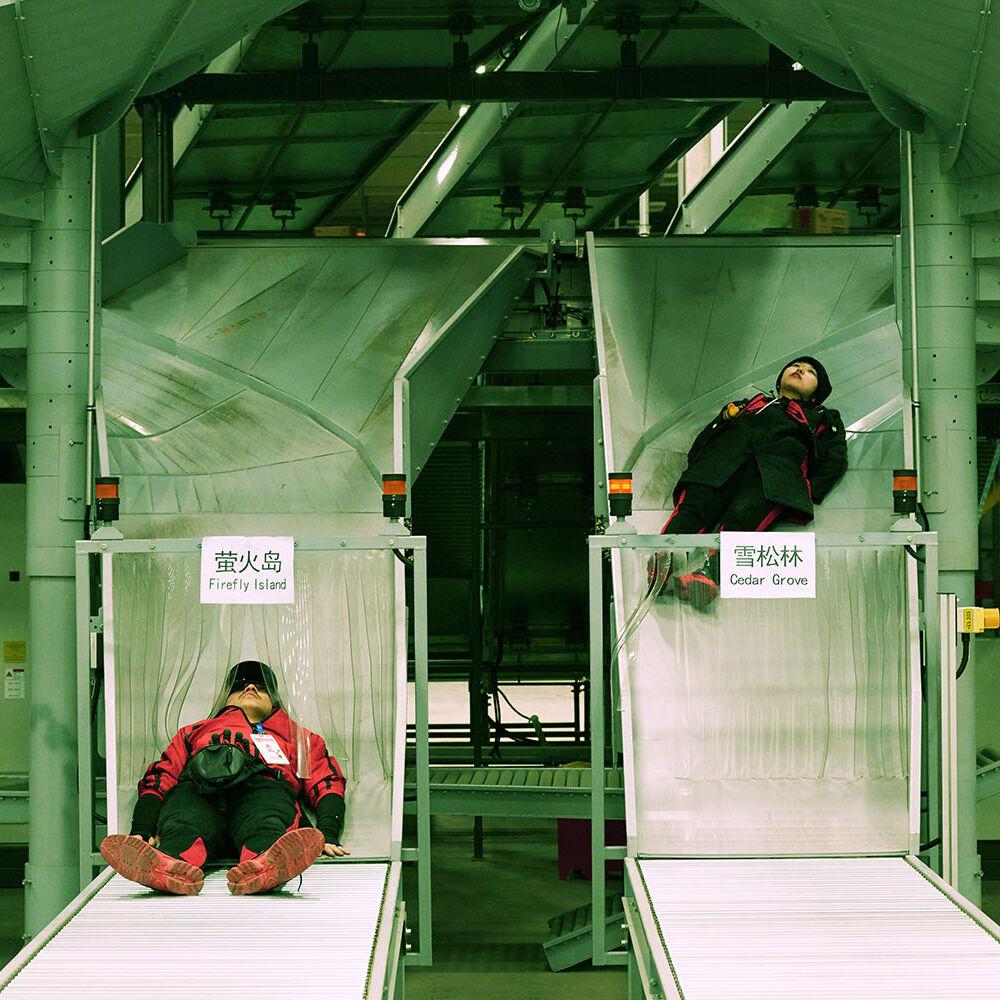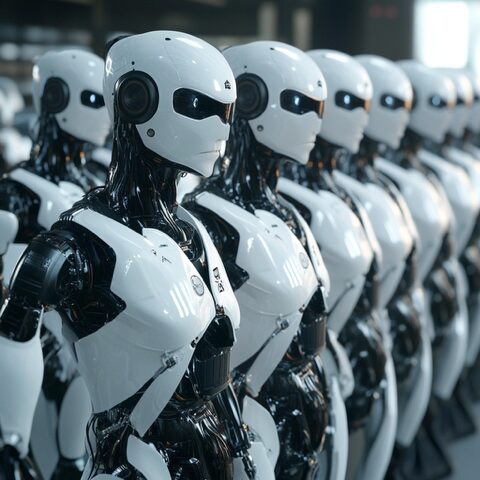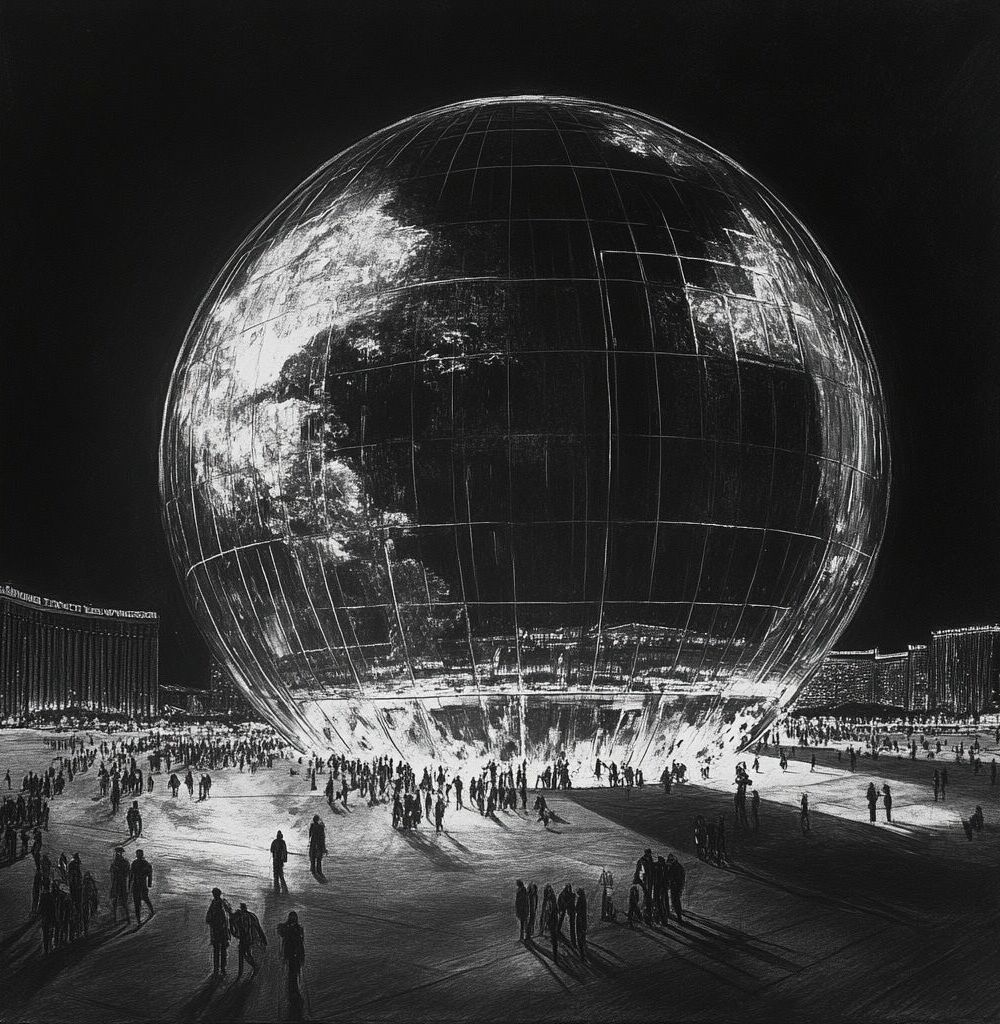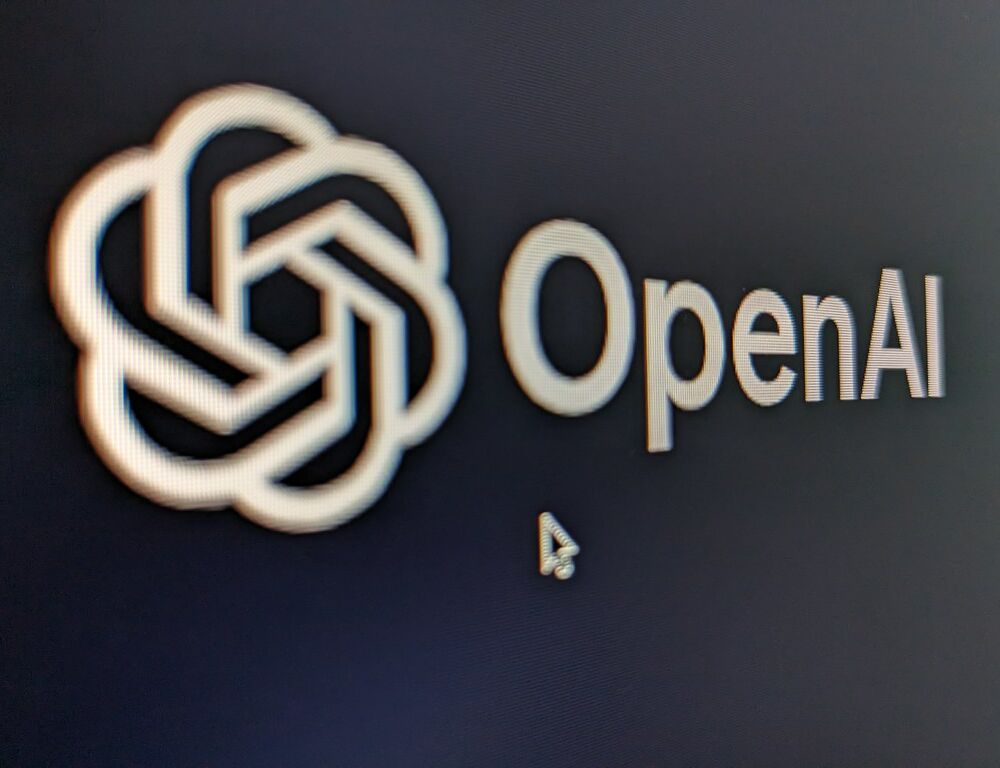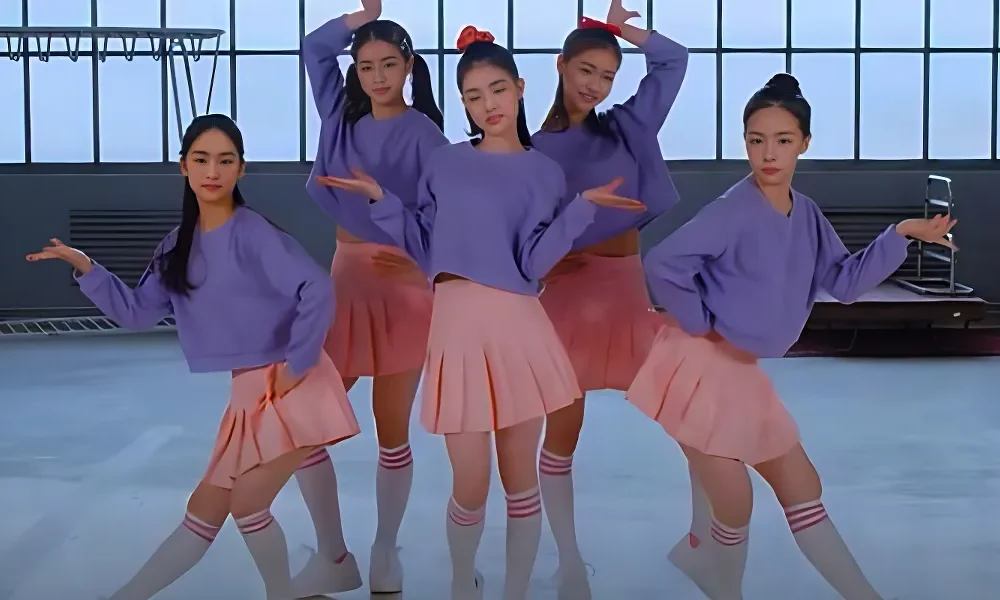Don’t be fooled by the green rhetoric of big tech magnates. Elon Musk, for instance, loudly proclaims his commitment to the environment and insists that his companies aim to “save civilization.” But it only takes a shallow dive beneath the surface to spot the contradictions.
While Tesla manufactures electric cars, its gigafactories consume vast amounts of energy—much of which is not sourced from renewables. Musk has even called climate change an “existential threat,” yet his real priorities lie elsewhere. His alliance with Trump is proof of that.
Take his most ambitious project: the colonization of Mars. SpaceX pours billions of dollars into rocket launches—hardly an environmentally friendly activity—in pursuit of a utopia. Musk justifies this endeavor as humanity’s escape plan, but one can’t help but wonder: why not use those resources to tackle the climate crisis happening here and now?
Musk isn’t the only one preaching one thing and practicing another. Jeff Bezos, with his $10 billion climate fund, presents himself as an environmental champion. However, the expansion of Amazon Web Services’ data centers—the backbone of the e-commerce giant—consumes staggering amounts of energy. Similarly, the rapid development of artificial intelligence, a field where Amazon, Google, and Microsoft are heavily invested, is an outright energy guzzler: training a large AI model, like those powering Alexa or ChatGPT, can emit more CO2 than a car driving over 700,000 kilometers.
This discussion also brings another issue to the fore: transhumanism. Originating in the 1950s, this movement advocates for channeling all efforts and investments of the elite into technological innovation, which it claims will solve many of today’s problems. Critics, however, argue that it’s merely a way to absolve humanity of its environmental responsibilities.
In this context, promises to fight the climate crisis remain hollow. While Earth continues to suffer, billionaires chase interplanetary dreams and technologies that shift accountability. It’s time for them to make a choice: act now to counter climate change or wait for civilization’s collapse, sipping margaritas aboard a 127-meter yacht.
Alessandro Mancini
Is a graduate in Publishing and Writing from La Sapienza University in Rome, he is a freelance journalist, content creator and social media manager. Between 2018 and 2020, he was editorial director of the online magazine he founded in 2016, Artwave.it, specialising in contemporary art and culture. He writes and speaks mainly about contemporary art, labour, inequality and social rights.



